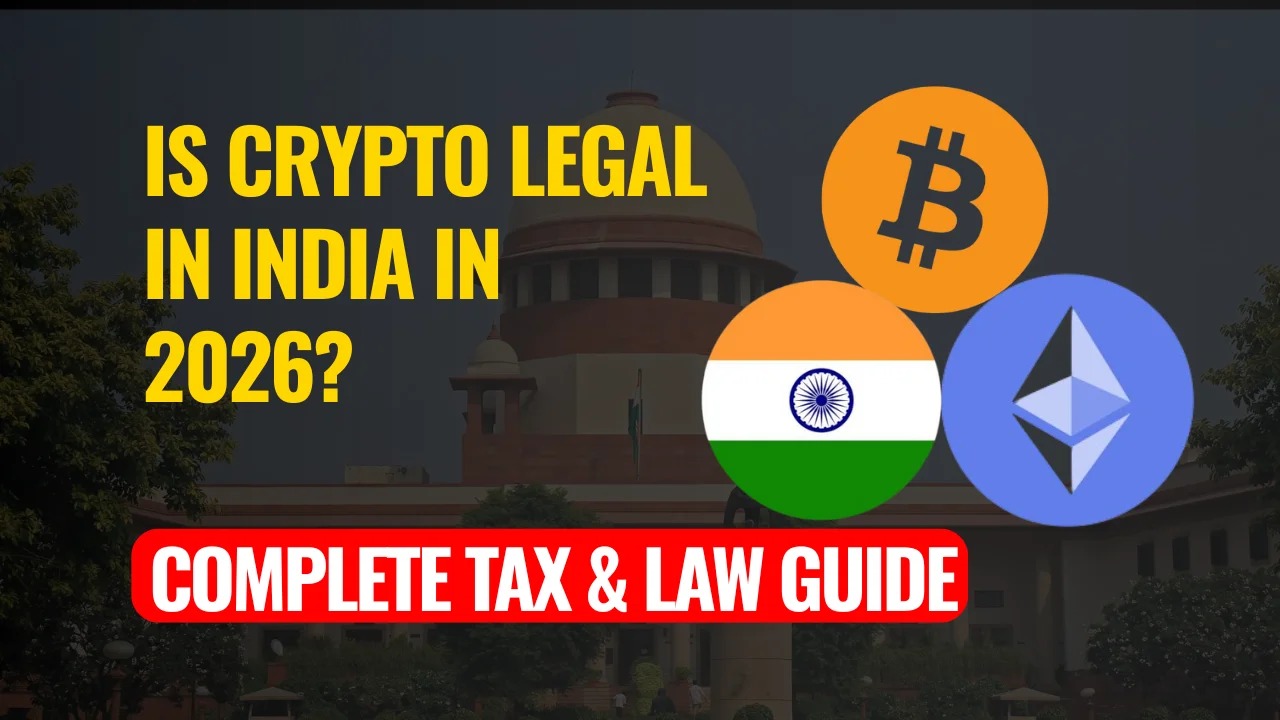Ashim Kumar Banerjee, J.@mdashBoth these appeals arise out of an identical issue. These are taken up together and disposed of by this common judgment and order.
2. Hindusthan Steelworks Construction Limited (hereinafter referred to as H.S.C.L.) is a public sector undertaking having deep and pervasive control by the Union of India. Short question involved in this appeal is whether H.S.C.L. is entitled to continue to enjoy the exemption granted under paragraph 79 of the Employees Provident Fund Scheme pending consideration of their application for a permanent exemption u/s 17(1) of the Employees Provident Fund and Miscellaneous Provisions Act, 1952 (hereinafter referred to as the said Act of 1952)
3. The said Act of 1952 empowered to the Central Government to exempt any organisation from the purview of the said Act of 1952, fully or partially. Such power is derived from Section 17 of the said Act of 1952. The Government is entitled to exempt any organisation in case their own Provident Fund Scheme and/or other service benefit are on the whole not less favourable to the employees working therein than the benefits enjoyed by them under the said Act of 1952. In short, the exemption can only be obtained for the welfare of the employee and not for deprivation of the benefit which they are otherwise entitled to get as per the statute.
4. H.S.C.L. applied under provisions of Section 17(1) for exemption in 1965. On March 10, 1969 it created a fund for the benefit of the employees by taking subscription from the employees from their salaries. On November 17, 1997 the authority considered the said application and as a temporary measure relaxed the operation of the said Act in terms of paragraph 79 of the said scheme pending consideration of their application u/s 17(1). Such relaxation was given with retrospective effect from September 1, 1965. In this regard, we may refer to paragraph 79 which provided that notwithstanding anything contained in the scheme, the Commissioner may, in relation to a factory or other establishment in respect of which an application for exemption u/s 17 was received, relax pending disposal of the application, the provisions of this scheme in such manner as he may direct. In view of such relaxation H.S.C.L. employees were getting appropriate benefit from their own Provident Fund Trust created on March 10, 1969.
5. In 1999 the company became sick. As per the advice of the Central Government they proposed a Voluntary Retirement Scheme inviting employees to retire prematurely. The Government also provided substantial fund to meet the requirement to pay off the retiral benefits to the employees opting under the said scheme.
6. In 2003 the Provident Fund Authority started an inquiry u/s 7A of the said Act of 1952 for determination of the Provident Fund and allied dues for the period January 1999 to January 2003 in accordance with the provisions of the Act and scheme framed thereunder. The authority issued a summons dated March 24, 2003 asking the company''s representative to appear before the Authority. The Authority assessed the dues to the extent of rupees thirteen crores twenty two lakhs thirty one thousand seven hundred and sixty one only and directed payment of the same along with interest within seven days. The Authority also quantified the interest u/s 7Q. While doing so, they charged at the rate of ten per cent. While paying the retired employees the H.S.C.L. also asked for permission to withdraw sums from the reserved fund which was allowed by the Provident Fund Authority vide letter dated July 3, 2003.
7. The present writ petition pertains to a show cause notice dated March 23, 2007 appearing at page 94 of the paper book wherein the Provident Fund Authority asked the H.S.C.L. to show cause why the relaxation granted to them under paragraph 79 be not withdrawn?
8. The authority issued the show cause notice on two counts:
i) The establishment deducted contribution at the rate of ten per cent instead of twelve per cent.
ii) Trustees failed to make investment during the year 2003- 2004 and 2004-2005 and insufficiently in 2005-2006 in Central Government Securities.
9. H.S.C.L. duly replied to the said show cause. According to them, they could not deduct twelve per cent initially because of paucity of fund. However, they started doing so with effect from March 1, 2007. On the second issue H.S.C.L. contended that they could not make appropriate deposits, as they were to make provident fund payments to the retired employees. The Authority was, however, not satisfied with the explanation and passed an order of cancellation dated August 3, 2007 appearing at page 101-102 of the paper book.
10. Being aggrieved by the order of withdrawal of the relaxation both H.S.C.L. and its Unions filed two separate writ petitions which were heard by the learned single Judge analogously and disposed of by the common judgment and order.
11. On perusal of the judgment and order we find that His Lordship was not satisfied on the explanation given by H.S.C.L. on the first issue and observed that the ground made out in the reply was apparently not sufficient on the second issue. His Lordship observed that the order under challenge was ''justified order''.
12. After observing as such, His Lordship gave a fresh opportunity to H.S.C.L. to give a detailed reply to the show cause notice coupled with a prayer for fresh relaxation. His Lordship observed, "the object of furnishing a fresh reply to the show cause notice is to convince them that the petitioners have not done anything which might stand in the way of reposing trust upon them. The authority shall consider the reply coupled with the prayer for relaxation and shall pass a reasoned order in accordance with law".
13. We are little bit perplexed as to what His Lordship wanted to communicate by the said order. His Lordship was not at all satisfied with the explanation offered by H.S.C.L. in reply to the show cause notice and upheld the order of cancellation. Once such order was upheld there could be no scope for giving further reply to the show cause notice and a reconsideration of the same. On a close scrutiny of the said judgment and order we are of the view that His Lordship perhaps was not satisfied with regard to sufficiency of particulars in respect of the second ground and as such wanted to give them a further opportunity to disclose more particulars coupled with a direction upon the Provident Fund Authority to reconsider the issue. Once the issue is remanded back to the authority the cancellation of the earlier order was an obvious consequence.
14. Appearing for the appellants Mr. Partha Sarathi Sengupta, learned Counsel contended that the first ground was a non- issue. He referred to Section 6 which inter alia provides that the contribution should be ten per cent of the basic wages provided the Central Government makes it twelve per cent in case of an industry by a separate notification. Mr. Sengupta has further relied on the notification dated April 9, 1997 wherein the rate of contribution was made twelve per cent in all industries except the industries mentioned in Schedule II. In Schedule II of the said notification any establishment which has at the end of the financial year accumulated losses equal to and exceeding its net worth was classified in serial (iii).
15. Relying on the said notification Mr. Sengupta contended that since H.S.C.L. was, admittedly, a sick company it was not obliged to deduct twelve per cent as per the proviso to Section 6. It however improved its position in 2007 and continued to deduct contribution at the rate of twelve per cent with effect from March 1, 2007. Hence, the first ground was not at all tenable. He however conceded that this plea was not highlighted either in the reply or at the hearing before the Authority.
16. On the second issue Mr. Sengupta contended that since opportunity was given by His Lordship they should be allowed to disclose further particulars and the Authority should consider the issue afresh.
17. Opposing the appeal Mr. Shiv Chandra Prasad, the learned Counsel appearing for the Provident Fund Authority contended as follows:
i) The establishment did not follow the instruction with regard to deduction of Provident Fund which was a clear violation of the condition of relaxation as would appear from paragraph 27AA(5) of the said scheme.
ii) The Authorities admittedly did not invest contributions in Government Securities which was a blatant violation of the conditions of relaxation.
iii) Opportunity was given to show cause offering explanation. The company failed to assign cogent reason and the Authority as such passed the order of withdrawal which could not be assailed by the company or the Union.
iv) Exemption/relaxation could be conferred upon the establishment which were financially sound. The present Company being a sick company was not entitled to such benefit.
v) The Authority granted such benefit when the financial position was sound. Because of precarious condition of the company the Authority was right in withdrawing the relaxation.
vi) Relaxation was not a right under the law. It was dependent upon exercise of discretion by the Authority and such exercise of discretion could be had only on sufficient reasons.
18. In support of his contentions Mr. Prasad cited the following decisions:
i)
ii)
19. Mr. Jayanta Dasgupta, learned Counsel appearing for the Union contended that the scheme was for the benefit of the employees. Whether the employees should be governed by the statutory scheme or would enjoy the benefit of relaxation granted to the company, should be left to the employees. No opportunity of hearing was given to the employees or their union before withdrawal of the relaxation.
20. Mr. Dasgupta further contended that the unions wanted to support the management as the private trust would entail speedy recovery of the Provident Fund dues at the time of retirement.
21. We have considered the rival contentions. We are of the view that once the learned Judge granted opportunity to the company for disclosing further materials in support of their explanation and the Authority was asked to reconsider the issue His Lordship should have set aside the order of withdrawal of relaxation. We also feel that the legal issue raised by Mr. Sengupta on the first ground also needs to be adjudicated upon by the authority. We are of the view that the Authority should reconsider issue as directed by the learned single Judge and the same is only possible when the Authority would be allowed to act freely and, of course, without being influenced by its earlier order.
22. The judgment and order dated August 26, 2009 passed in W.P. No. 18099 (W) of 2007 is modified to the extent that the order passed by the Provident Fund Authority dated August 3, 2007 appearing at page 101-102 of the paper book is set aside. The other part of the judgment and order would stand affirmed.
23. The judgment and order dated August 26, 2009 in W.P. No. 20135 (W) of 2007 is set aside. The writ petition is allowed to the extent that the authorised representative of the union would be entitled to participate at the hearing, if any given to H.S.C.L., while reconsidering the explanation to be submitted in terms of the liberty granted by the learned single Judge in W.P. No. 18099 (W) of 2007.
24. The appeals are disposed of accordingly without any order as to costs.
25. Urgent xerox certified copy will be given to the parties, if applied for.
Kalidas Mukherjee, J.
26. I agree.

